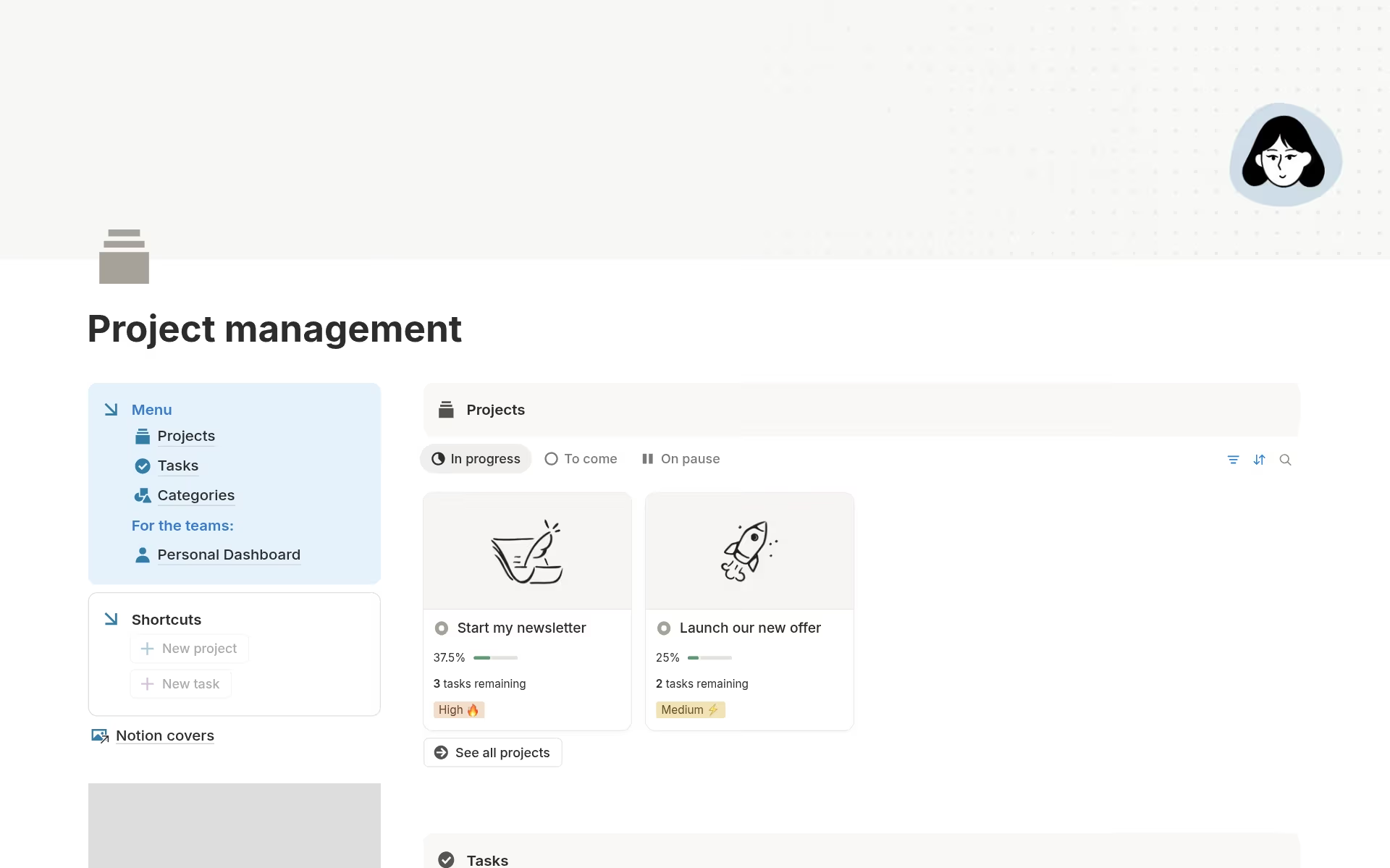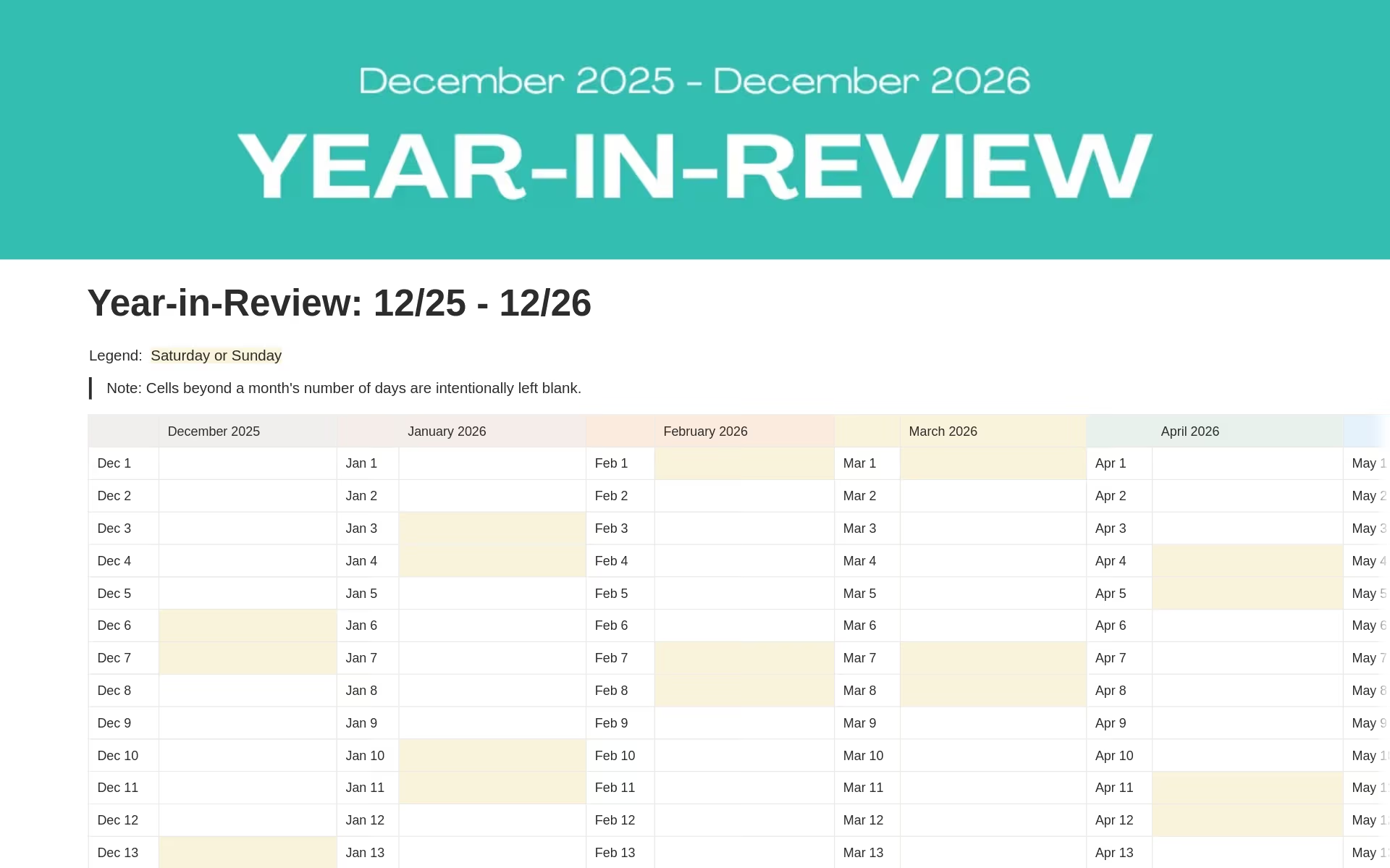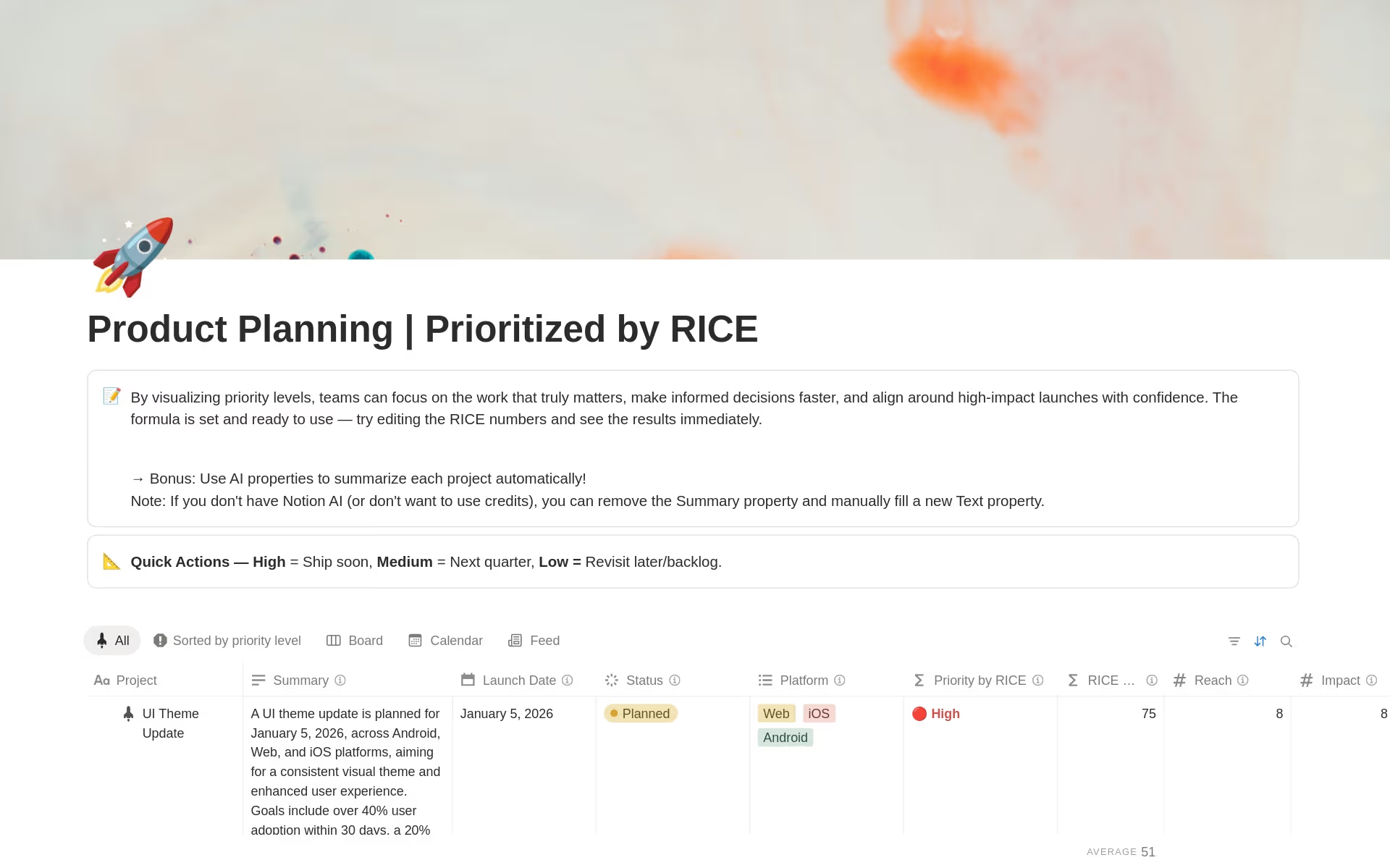For brand managers, launching a product is a complex process involving coordinating across teams, aligning marketing efforts, and tracking key milestones. A Product Launch Tracker Notion template serves as a centralized workspace where all pertinent project information, timelines, and tasks can be organized and easily accessed by relevant stakeholders. This not only streamlines communication but also ensures that the entire launch process is aligned with the brand’s goals.
Before you start creating your own Product Launch Tracker template, consider exploring the examples mentioned here to simplify your work. These templates can provide a solid foundation and potentially save you significant time and effort in organizing your product launch effectively.
What Should Product Launch Tracker Templates Include?
Choosing the right Product Launch Tracker Template can streamline your product rollout process, ensuring you stay organized and on target. Here are key components to look for:
Timeline Management - This feature should allow you to set key milestones and deadlines, ensuring every phase of the launch stays on schedule.
Resource Allocation - A good template will help you track resource distribution, from budgeting to manpower, crucial for efficient project management.
Stakeholder Communication - Ensure the template includes mechanisms for updating and communicating with all stakeholders to keep everyone informed and engaged.
Performance Metrics - It should have built-in tools to track performance against goals, providing insights that help adjust strategies in real-time.
With these components, a Product Launch Tracker Template not only aids in meticulous planning but also in executing a successful product introduction to the market.
What Should Product Launch Tracker Templates Avoid?
Choosing the right Product Launch Tracker Template is crucial for streamlining your product rollout. However, some features can complicate rather than simplify your process. Here are key elements to steer clear of:
Overly Complex Metrics: Avoid templates that include too many detailed metrics. They can distract from the main launch goals and dilute focus on critical KPIs.
Non-Customizable Fields: A rigid template that doesn't allow customization can be a hindrance. Each product launch is unique, and your template should be adaptable to your specific needs.
Excessive Automation: While automation can save time, too much of it can remove the human insight that is crucial for adjusting strategies and making real-time decisions.
Remember, the best template is one that complements your workflow and enhances your team's ability to launch successfully without adding unnecessary complexity.




